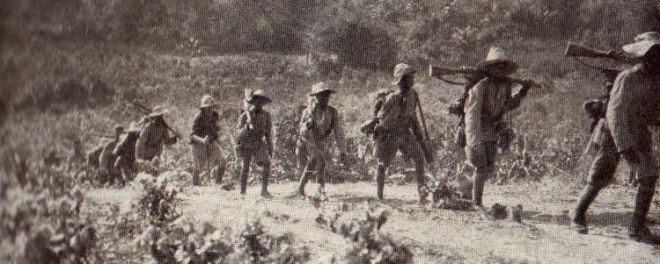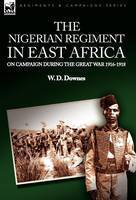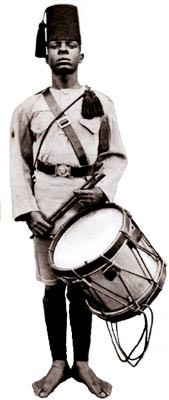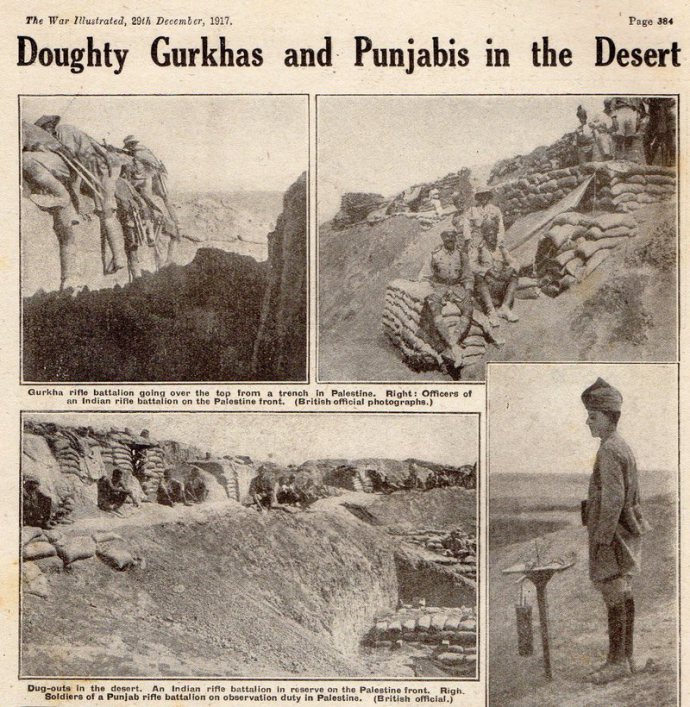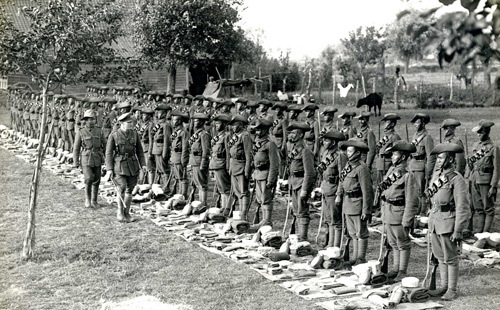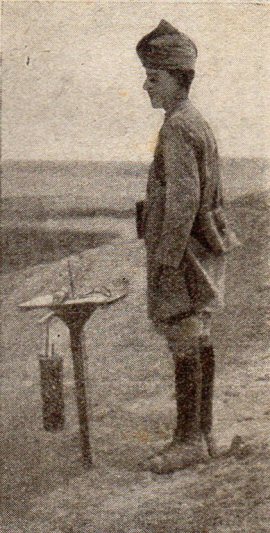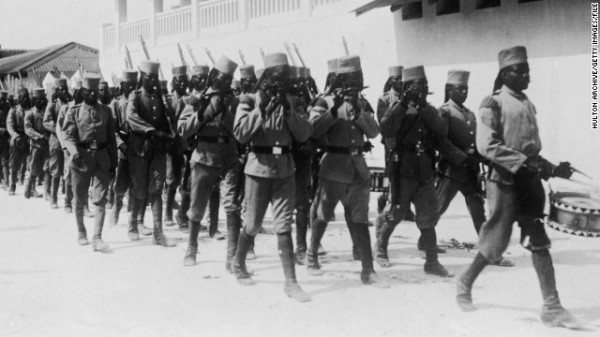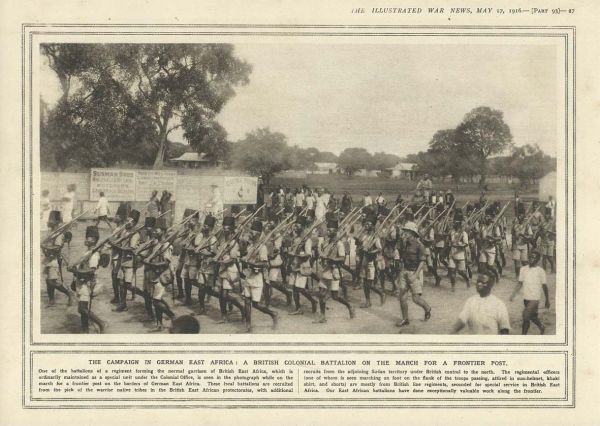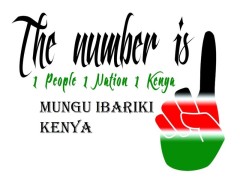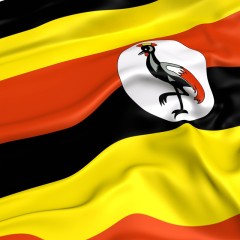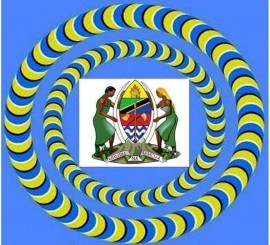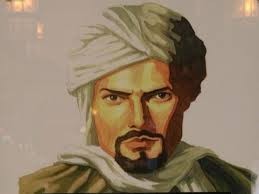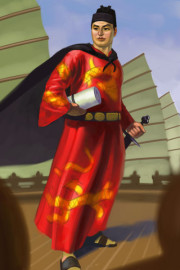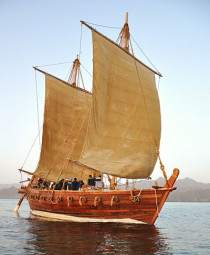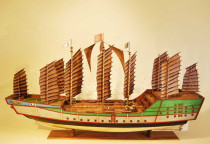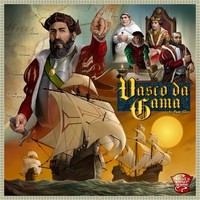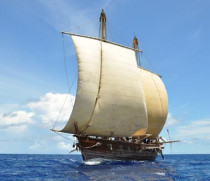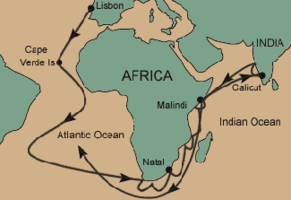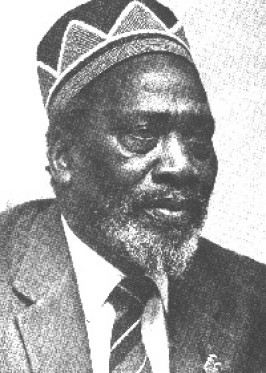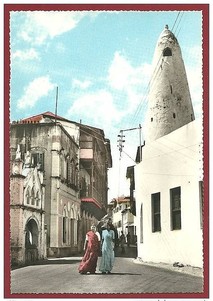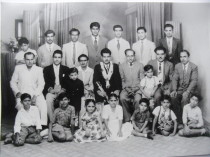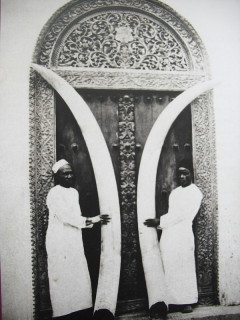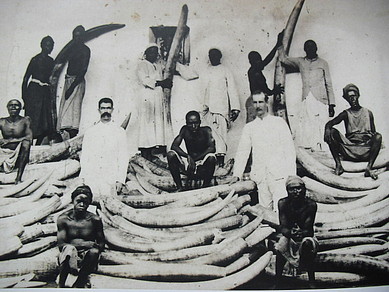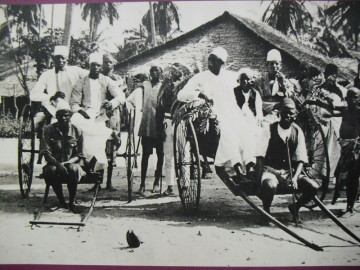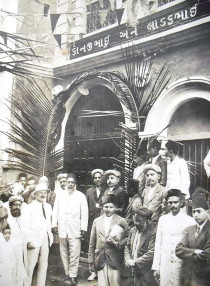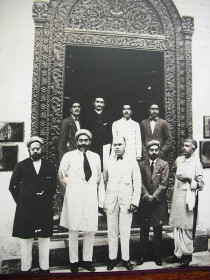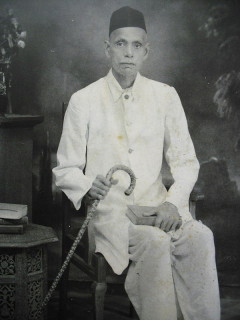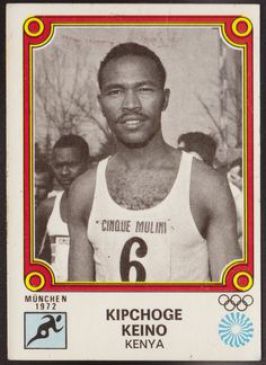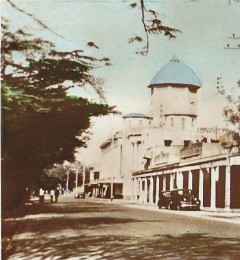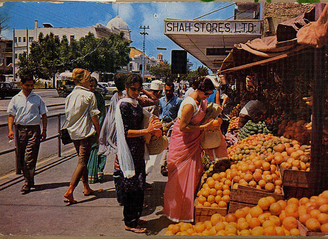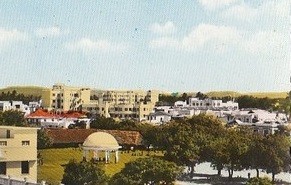Muslim soldiers in the British Army during WW1
World War 1 & 2 Books
The Indian Army in the First World War [Paperback]
Agha Humayun Amin (Author)
The Indian Corps in France: During the First World War [Hardcover]
Sir Frederick Smith Bart (Author)
INDIAN CORPS IN FRANCE [Paperback]
Lt Col Merewether (Author)
The Soldiers Burden, Harry’s Africa
Here is a collection of military tales mostly based upon the activities of officers and men from the British County Regiments who came to Africa to do their duty as they understood it had to be done. There is also some description of events during the Great War in Africa, and details of war-time units raised within the continent. Most of these accounts have been published in regimental and museum newsletters and journals.
http://www.kaiserscross.com/188001/home.html
NIGERIANS IN GERMAN EAST AFRICA
Limited in number, their home being a two months' journey inland. Again, the pausas did not wish to serve overseas, far away from their own country. Governor Freeman wrote a long dispatch upon this subject, dated 6th May 1864, at the end of which he states : " I would therefore strongly recommend that the War Office should not relinquish the scheme for the enlistment of Hausas ;but the regiment must be exclusively for African service ;and this settlement (Lagos) must be compensated for the
loss of the regular force it now has at its command by a nucleus of the detachment of Imperial troops."
http://archive.org/stream/cu31924027831860/cu31924027831860_djvu.txt
The Nigerian Regiment in East Africa: On Campaign During the Great War 1916-1918 (Hardback)
22nd September 1917, German East Africa.
After a successful 18-month long campaign in the German Cameroons in West Africa the Nigeria Regiment was selected for operational duty in German East Africa (GEA) and the soldiers were asked to volunteer for this overseas service. Four battalions were formed, each of four companies with each company having 104 men. The companies were numbered from 1 to 16 and the battalions from 1 to 4. A brigade headquarters was formed under Brigadier-General F.H.G. Cunliffe CB CMG. A battery of four 2.95-inch quick firing, breech loading mountain guns was an integral part of the brigade. In total the Brigade consisted of 2,402 Nigerian rank and file, 125 British officers, 70 British non-commissioned officers (NCOs) and 812 machine gun and battery gun carriers. New Short Lee Enfield rifles were issued on embarkation and the men learned how to use these during the two weeks of sailing round southern Africa.
The King’s African Rifles
History
The roots of the Regiment originate with the clashes with Arab slave traders and warlike native tribes, which compelled the African Lakes Corporation to employ armed natives, under British officers, to protect their stations. It was a Captain F D Lugard (Norfolk Regt.) who, in 1888, volunteered to lead a military expedition against the slave trader Mlozi. Nyasaland became a Protectorate in 1889 and the Government formed what was to become 1st Battalion, The Central African Rifles (CAR). A second Battalion was formed and sent to Mauritius, and then on to Somaliland to operate against the Mullah. Lugard later became Governor of Uganda.
Cont: http://www.kingsafricanriflesassociation.co.uk/the-history-of-the-kar/
300 Indians recruited for King’s African Rifles
http://www.wdmwadui.talktalk.net/myweb/MwaduiHistory.htm
http://books.google.co.uk/books?id=YbzsBPuhyggC&pg=PA71&lpg=PA71&dq=300+Indians+in+King%27s+African+Rifles&source=bl&ots=LiIjX9tJU4&sig=pHz019rJcXTljxO1zItBzFEGAx4&hl=en&sa=X&ei=JPa-U-mELsOqPNj8gegM&ved=0CCYQ6AEwAg#v=onepage&q=300%20Indians%20in%20King%27s%20African%20Rifles&f=false
https://kingsafricanrifles.com/2012/01/17/regimental-colours-of-the-kar/
http://www.medalofkar.com/medalofhonour/index.php/video/video/the-battle-of-java-1942
World War One: Kenya's forgotten heroes
http://www.bbc.co.uk/news/world-africa-28836752
4 August 2014 marked the centenary of the entry of England in World War. India being part of the British overseas empire was unwittingly drawn in World War I and was destined to play an important role as a large contingent of Indian soldiers actively participated in the war.
http://www.bellevision.com/belle/index.php?action=exclusive_inner&type=277
The Forgotten Stories of Muslims Who Saved Jewish People During the Holocaust
How do we remember World War One?
There cannot be many people today whose ancestors were not touched by World War One in some way.
WW1's untold story: The forgotten African battlefields
http://edition.cnn.com/2014/08/08/world/africa/world-war-in-africa/
http://www.bbc.co.uk/worldservice/documentaries/2009/11
/091112_fridaydoc_africasforgottensoldiers.shtml


